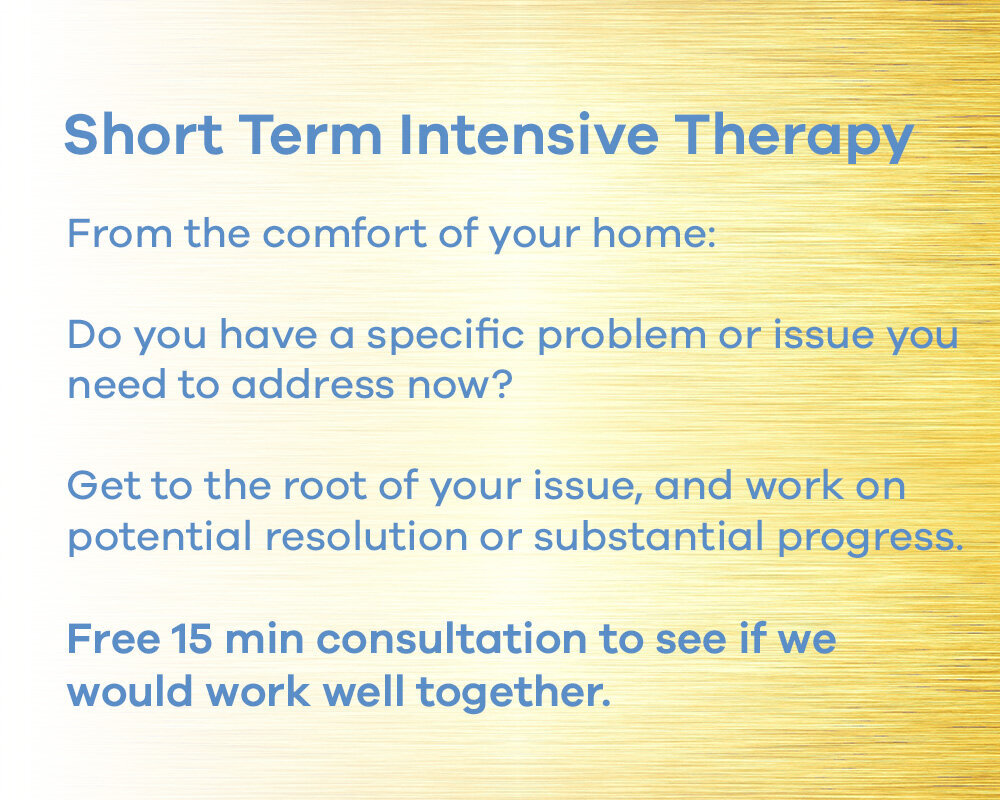Parent and Child as Best Friends
/A parent and child should never be “best friends”. This can signal boundary crossing, something that is always harmful to a dependent child and is still unhealthy for an adult child as well.
We spend our lives sorting out our relationship with our parents, to come into ourselves, to know ourselves. The child needs a proper perspective on the parent throughout their lives. This helps them navigate all the relationships in their lives.
Once a parent, always a parent. For the sake of the child, those lines should never be crossed. Parent-child relationships are life long, even when the child assumes the parental role for their own parents who may be elderly or in need. Best friends are peers, or if cross-generational, then that friend should be someone outside of the family. Crossing the child-parent line is complicated. People often regress to their childhood emotional state when in the presence of a parent. If you have not worked through the childhood wounds — yes, we all have them! — or you have not individuated from the parents, then the result can be your remaining a child, reacting as a child, in that relationship.
One term that can apply to these blurred boundaries is emotional incest, which refers to any attempt by a parent to use a child to meet their adult psychosexual or emotional needs. That is why “my parent is my BFF” cannot be a healthy relationship. In the best of worlds, the parent helps the child become self-sufficient and launches them into the world, so the child can conquer it and make it their own. This requires the parent to get out of the way. Advise them if asked, but otherwise assume they are now adults. Be their supporter and parent, not their friend.
Parents whose children are their “best friends” can be assumed to not have good boundaries; this can actually impair the health of the child’s relationships with others. Most of the time, the parent dies before the child. The child will need real best friends then, who will support them through that loss.
As a therapist, it was a red flag, a sign that there were potential boundary issues in a family, if a parent told me their child was their best friend, or if a child said the same of their parent. It meant we had a lot of work to do on boundaries and appropriate, healthy relationships. In turn, as a therapist, I also needed to be especially attentive with the client, because they were likely to want me as their best friend, which was not in their best interest.





